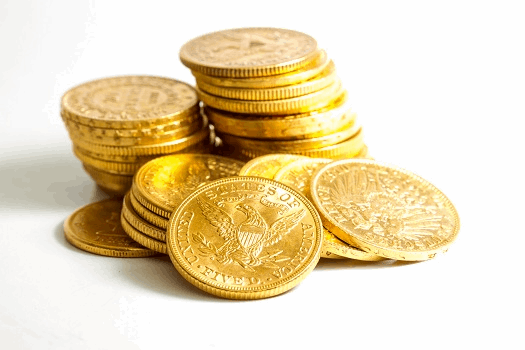Can Someone Legally Sell Gold Coins that Are Fake?
Many buyers are purchasing precious metals that aren’t real, and some are unaware. As a person who sells gold coins, you could become a victim yourself and purchase these fake products online, at a trade show, or from a wholesale distributor. Regardless, you should always verify the coins’ authenticity before reselling them to avoid legal trouble. Below, the experienced professionals from First National Bullion, Scottsdale gold coin dealers with unmatched market expertise you can rely on, offer information about selling precious metals, including whether it’s illegal to sell fake gold coins and the potential consequences.
Jail
Selling fake gold could lead to time in jail. The sentence could vary by location, the type of case, and the amount of inauthentic precious metals being sold. In some situations, sellers could face misdemeanor charges and sentences of up to three years, while repeat offenders could be sentenced to anywhere from 10 to 20 years if convicted. However, if you’re unaware the gold you’re selling is fake, there could be an exception, but this will depend on the situation and often requires hiring legal representation. Therefore, it’s best to find out if the gold pieces you put on the market are real ahead of time to avoid jail and other legal consequences.
Fines & Seizures
If you intentionally sell replicas, you could be required to pay fines in addition to serving jail time. If the buyer makes a legal claim, you may also be required to refund the money and pay all legal fees, including court costs. The government could also come into your establishment, seize your products, and shut down your business permanently or temporarily. Therefore, it would be a good idea to avoid selling fake gold coins unless you qualify for the exception mentioned below. Otherwise, the activity could lead to more losses and fewer profits.
Exceptions
New laws have made it okay to sell fake gold coins in some situations. For example, if you clearly indicate on your website or somewhere visible in your store that the coins are copies and not authentic, it’s okay to sell these products because buyers know you’re providing replicas. After these sales, the individuals cannot come back and sue your business for the copies they bought. However, the buyers must know ahead of their purchases that the gold coins are fake, or you could face legal consequences.
Verified Distributor
When making purchases for your precious metals business, research the sellers before buying anything. Also, be wary of deals that seem too good to be true. In many cases, the coins are replicas, and the sellers are looking to make quick money and disappear. It’s often challenging to locate these people once you’ve purchased the gold coins. Always look for products that come with warranties. Avoid buying defective precious metals, and take a good look at the coins’ shape and other important factors.
When they’re looking to work with trustworthy precious metal dealers who offer high-quality service for collectors buying and selling silver, platinum, and gold coins, Scottsdale residents can rely on the professionals at First National Bullion. Give us a call today at (480) 546- 5089 to speak with one of our gold coin experts.
The statements made in this blog are opinions, and past performance is not indicative of future returns. Precious metals, like all investments, carry risk. Precious metals and coins may appreciate, depreciate, or stay the same in cash value depending on a variety of factors. First National Bullion does not guarantee, and its website and employees make no representation, that any metals for sale will appreciate sufficiently to earn the customers a profit. The decision to buy, sell, or borrow precious metals and which precious metals to purchase, borrow, or sell are made at the customer’s sole discretion.


